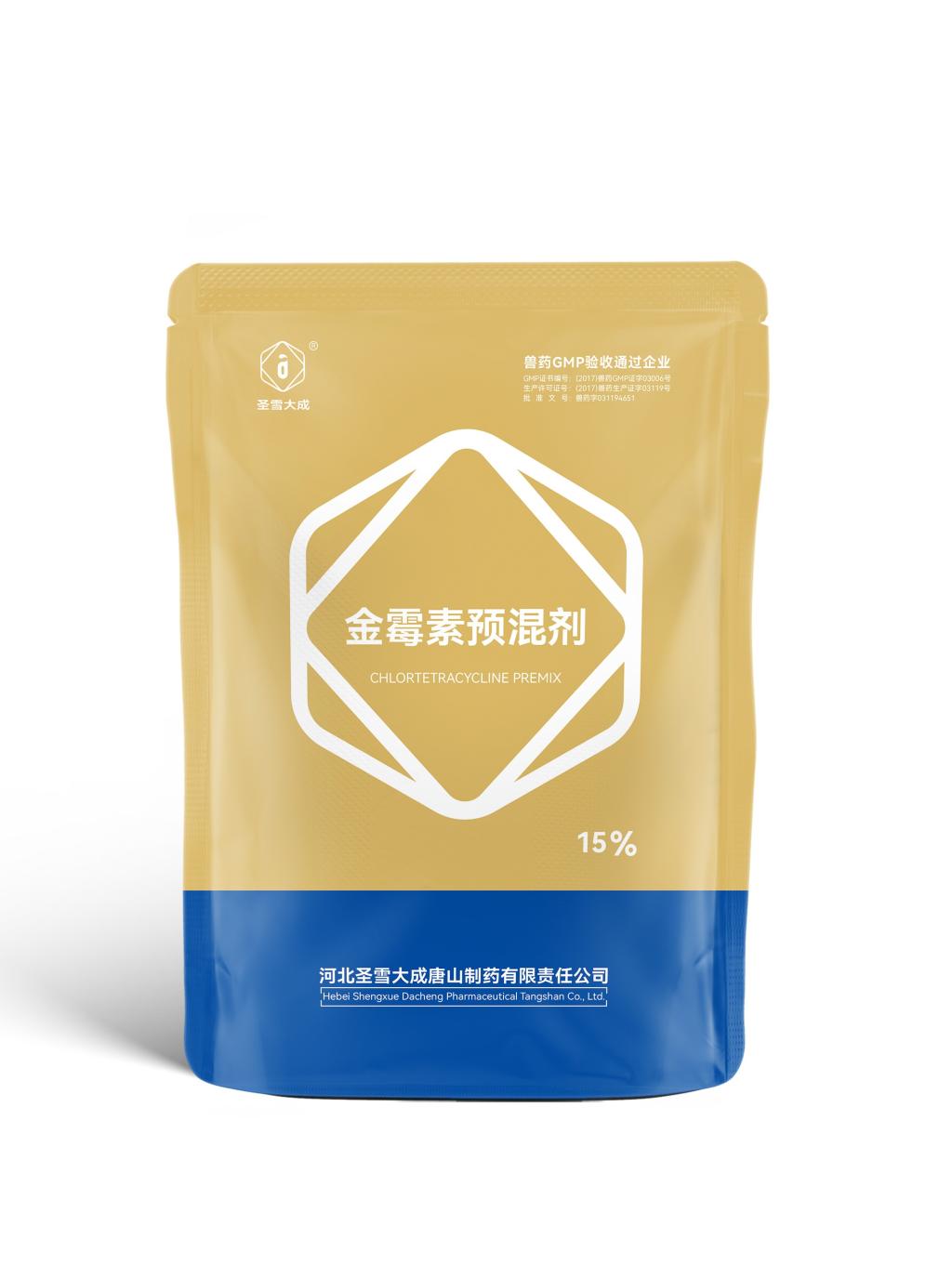
 CONTACT
CONTACT
- Linkman:Linda Yao
- Tel: +8618231198596
- Email:linda.yao@dcpharma.cn
- Linkman:CHARLES.WANG
- Department:Overseas
- Tel: 0086 0311-85537378 0086 0311-85539701
Exploring the effects of Chlortetracycline Premix on the health.
TIME:2024-06-14
1. Introduction
Organic livestock farming emphasizes natural practices and restricts the use of synthetic chemicals, including antibiotics like Chlortetracycline (CTC). This article explores the potential impacts of CTC premix on organic livestock, considering both health benefits and challenges in maintaining organic standards.
2. Overview of Chlortetracycline (CTC) Premix
2.1 Mechanism of Action
· CTC is a broad-spectrum antibiotic that inhibits bacterial protein synthesis, used to prevent and treat bacterial infections in livestock.
· Its inclusion in premixes ensures controlled and regulated dosing in feed formulations.
2.2 Use in Livestock Farming
· Historically used for growth promotion and disease prevention in conventional farming.
· Challenges arise in its application within organic farming due to regulatory restrictions on antibiotic usage.
3. Health Implications for Organic Livestock
3.1 Disease Prevention
· CTC's antimicrobial properties aid in preventing diseases like respiratory infections and enteric diseases.
· Reduced disease incidence potentially improves overall animal welfare and productivity.
3.2 Antibiotic Resistance Concerns
· Prolonged use of CTC may contribute to the development of antibiotic-resistant bacteria.
· Organic standards prioritize avoiding antibiotic use to mitigate resistance and preserve effectiveness in human medicine.
4. Productivity and Growth Enhancement
4.1 Growth Promotion
· Subtherapeutic doses of CTC in feed enhance nutrient absorption and metabolic efficiency.
· Improved growth rates and feed conversion efficiency observed in conventional settings.
4.2 Organic Livestock Performance
· Challenges in demonstrating equivalent growth enhancement in organic livestock due to restricted antibiotic use.
· Emphasis on natural growth processes and organic feed formulations without synthetic additives.
5. Regulatory and Ethical Considerations
5.1 Organic Certification Standards
· Certification bodies impose strict regulations on antibiotic use to maintain organic integrity.
· Challenges in managing disease without antibiotics, necessitating alternative strategies like vaccination and improved management practices.
5.2 Consumer Perception and Market Demand
· Increasing consumer preference for organic products perceived as free from synthetic additives, including antibiotics.
· Market advantage for organic producers adhering to stringent organic standards despite production challenges.
6. Alternative Strategies in Organic Livestock Farming
6.1 Disease Management Practices
· Focus on preventive measures such as biosecurity, sanitation, and herd health management.
· Integration of holistic approaches to enhance immune function and disease resilience in organic livestock.
6.2 Nutritional Interventions
· Utilization of organic feed additives, probiotics, and herbal supplements to support animal health and performance.
· Research into natural antimicrobial agents and immune boosters as alternatives to antibiotics.
7. Case Studies and Research Findings
7.1 Comparative Studies
· Analysis of productivity and health outcomes between organic and conventional livestock systems.
· Long-term studies assessing the efficacy of alternative disease management strategies in organic settings.
7.2 Economic Considerations
· Cost-benefit analysis of organic farming practices, including potential costs associated with reduced antibiotic use.
· Economic viability and sustainability of organic livestock production amid consumer demand and regulatory compliance.
8. Conclusion
Chlortetracycline premixes present complex considerations when applied in organic livestock farming, balancing potential benefits in disease prevention and growth enhancement against challenges in maintaining organic certification and consumer trust. As the agriculture industry evolves towards sustainable practices, organic farmers navigate these challenges by prioritizing animal welfare, natural health management, and adherence to stringent organic standards. Future research and innovation will continue to drive advancements in organic livestock farming, offering viable alternatives to antibiotics while meeting consumer expectations for organic, sustainable, and ethical animal products.
- Tel:+8618231198596
- Whatsapp:18231198596
- Chat With Skype







